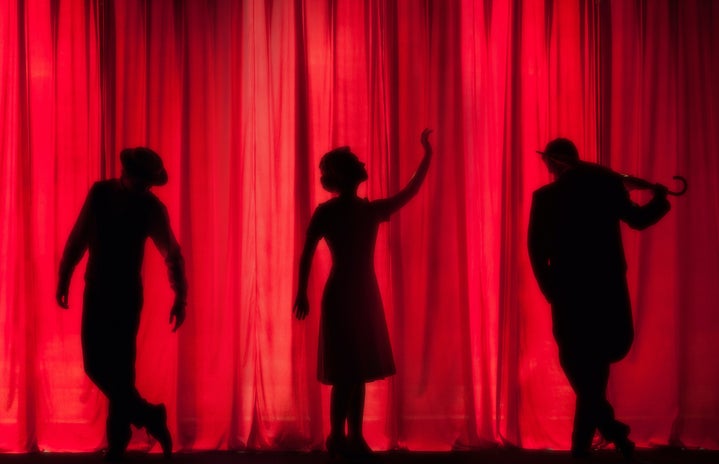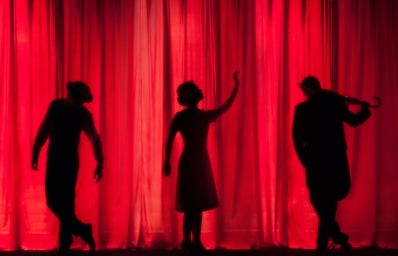The Hip Hop Theatre Festival took place from January 31 to February 10 at the National Arts Centre in Ottawa. It included performances centering hip hop and Black artistic expression, highlighting the theatrical nature of the genre. I was lucky enough to catch one of the shows, called “Freedom: A Mixtape,” as a professor for one of my courses invited our class to attend.
The origins of “Freedom” lie in the tumultuous time of the summer of 2020, in which people were marching for an end to systemic racism in the wake of George Floyd’s murder, all while living through a deadly pandemic. Co-creator Marcel Stewart introduced the show as a lifeline that helped him process the time he was living in and how his Blackness intersected with it. Stewart and his collaborator Kira Allen collected thoughts and stories from members of the Black community in the Niagara region about what the term ‘freedom’ means to them in the midst of the various social issues they were navigating. What came out of it is a powerful and heartfelt piece of theatre that dissects modern Black thought and how we are tasked with contextualizing our history and present reality.
I have only been to a handful of theatre productions throughout my life, all of which were quite formulaic in structure and involved a passive relationship with the audience. Freedom lived up to its title as the various art forms led to the show feeling like listening to a mixtape. Spoken word, song and monologue came together seamlessly to portray candid and affecting stories of historical oppression and personal anecdotes of existing as a Black person in North America.
The performances were given in a testimonial style in which the actors spoke in the first person and had their scripts in front of them, as if they were reading from a diary. These monologues felt as if they were coming from the actor’s experiences themselves, as each one completely inhabited the stories they were telling and conveyed them with much conviction and passion. They often changed their body movements while performing, moving from sitting, standing and walking across the stage, which provided a sense of urgency to the words they were saying.
A particular monologue performed by Emerjade Simms stood out to me, as it discussed the protagonist’s family history and their connection to the Windrush Generation, which describes the cohort of Jamaicans who migrated to Britain following World War II with the promise of prosperity in return for helping the country rebuild. Despite contributing to Britain’s growth, these new immigrants were met with much discrimination and many were never given full citizenship. Simms describes the journey of a family from Jamaica to Britain, before deciding to immigrate to Canada after several decades in an attempt to flee the pervasive racial discrimination. Their view of Canada as a haven for human rights and dignity was quickly shattered as they had to adapt to the passive and covert discrimination that is commonplace in Canada.
This peace was very powerful for me as a first generation Jamaican-Canadian. The plight of the Windrush Generation, as well as the bountiful amount of Jamaicans who have continuously contributed to Canadian life and culture, are systematically ignored and their successes are often denied. It is rare for me to see Jamaican history in the West portrayed in the media in an authentic and emotional manner. Simply bearing witness to this history made me feel a sense of pride in my identity, as well as motivated me and others alike to learn about the history of Black people in Canada.
Freedom also repeatedly referenced a lyric from the Bob Marley classic, Redemption Song. The piece paid tribute to the fierce political nature of Marley’s music, as various actors gently sang “emancipate yourselves from mental slavery / none but ourselves can free our mind.” This motif poignantly connects to the overall message of the immense mental energy that is required to process living in the West as a Black person and the obligation we have to ourselves to preserve our sense of self in the wake of systemic oppression. I found Freedom: A Mixtape to be extremely thought-provoking and affecting as a Jamaican-Canadian, but also as a Black person who is continuously learning more about our history and the infinite well of Black stories that deserve attention.


